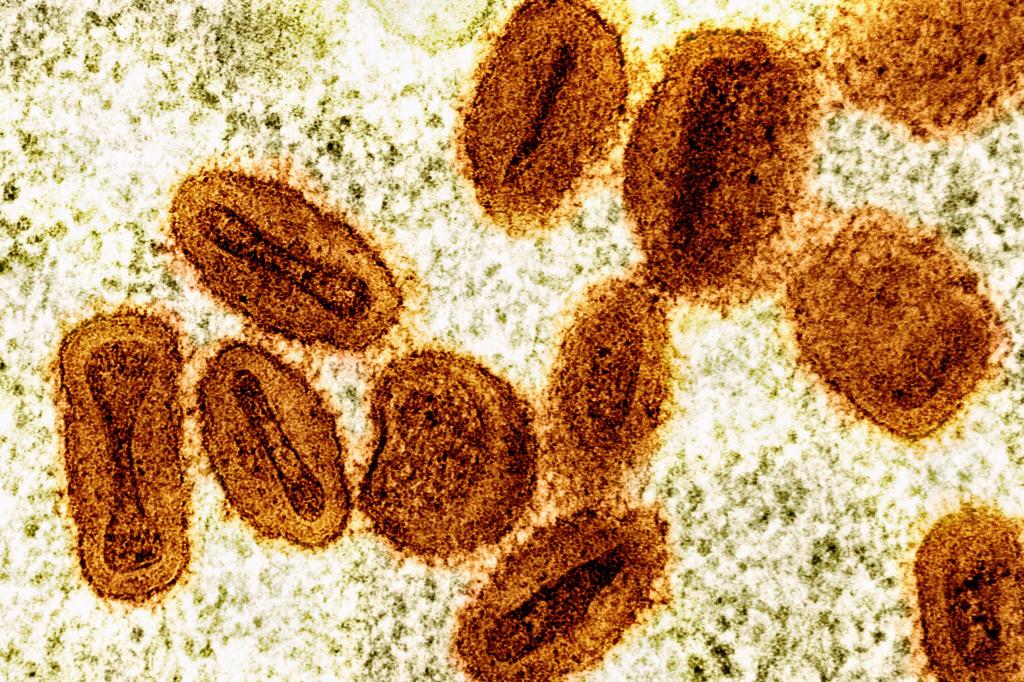The first known case in the United States of a more severe strain of the monkeypox virus was confirmed in California Saturday as health officials said an individual who recently returned from Africa contracted the latest form of the disease.
The patient became infected with the clade 1 strain after traveling to Eastern Africa, where there is an ongoing outbreak of the virus, according to the California Department of Public Health.
Health officials said the individual was treated at a medical facility in San Mateo County upon their return and is currently isolated at home with mild symptoms.
The threat of the new illness remains a “very low” risk to the public, the department said.
California health officials are working with the Centers for Disease Control and Prevention to contact and trace any individuals who may have been exposed to the patient.
The latest strain emerged earlier this year in the eastern Congo and is spread through close skin-to-skin contact, including through sex, and can lead to more severe illness and death, according to the CDC.
More than 31,000 confirmed cases have been reported since September, according to the World Health Organization, with the vast majority of cases in three African countries — Burundi, Uganda, and the Democratic Republic of the Congo.
Travel-related cases of the new monkeypox strain have also been found in Germany, India, Kenya, Sweden, Thailand, Zimbabwe, and the United Kingdom, according to the CDC.
Health officials said there have been no reported deaths from the new strain.
Another strain of monkeypox, called clade II, has been circulating throughout the United States since a large outbreak two years ago.
The disease is uncommon outside of central and west Africa and is part of the same family of viruses that includes chickenpox and smallpox.
Typical symptoms of monkeypox include fever, chills, a rash and lesions on the face or genitals resembling those caused by smallpox.
Officials said people should be tested if they: develop an unexplained rash; have traveled to a country where monkeypox has been reported in the last 30 days; or have been in close or sexual contact with those with confirmed or suspected cases of monkeypox.
Read the full article here

